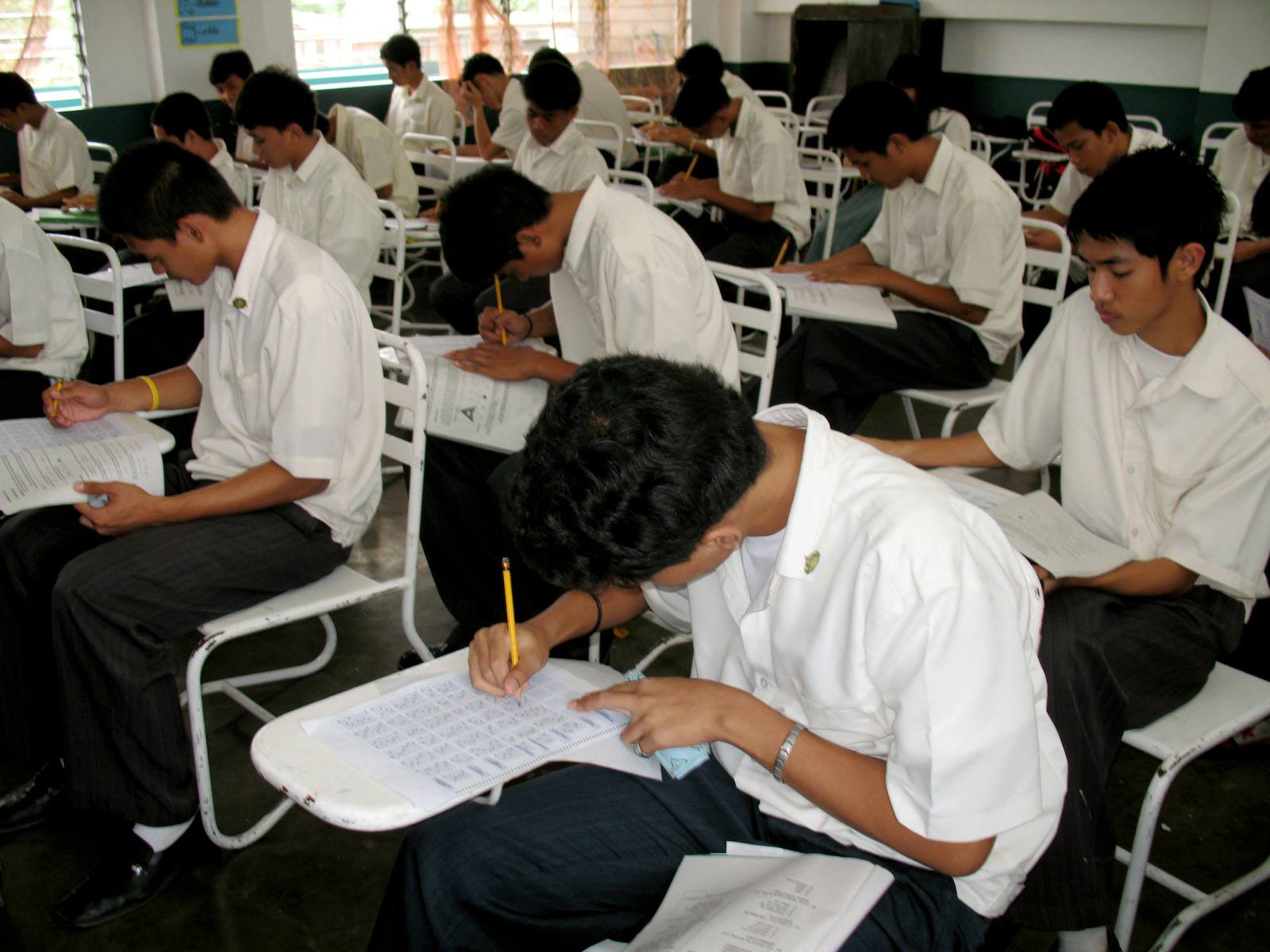News
Salceda introduces reform to K to 12 education system

A workforce development plan shall be crafted to ensure that K to 12 graduates are employable in the country’s top employers and high-value industries. (File Photo: DepEd Philippines/Facebook)
MANILA – A lawmaker at the House of Representatives on Tuesday proposed a reform to the country’s K to 12 system by introducing new provisions that will improve the quality of teaching, learning outcomes of students, and employability of graduates.
Albay Representative Joey Salceda said his House Bill No. 6247 aims to address the poor performance of Filipino students in the Programme for International Student Assessment (PISA) 2018; the hesitation of local companies to hire K-12 graduates; and “depressingly deficient” content and effectiveness of learning materials.
Salceda cited the Commission on Audit’s 2018 findings which showed that the Department of Education procured over PHP254 million worth of learning materials that supposedly contained significant errors and deficiencies that “rendered these instructional materials of poor quality.”
“Combine all of these issues in one picture, and the scene is alarming. As an economic policymaker, part of my job is to make this country economically attractive. Sorry to say this, but the quality of our education system makes my job extremely difficult,” Salceda said.
He said the country cannot compete in the age of artificial intelligence with such a poorly-trained and poorly-equipped workforce.
“Matalino naman ang Pilipino ‘pag dinala mo sa ibang bansa. Kaya obvious na sistema natin ang problema (Filipinos are actually intelligent when you send them abroad. That’s why our system is the problem),” he said.
The bill seeks to put emphasis on the Technical and Vocational Education and Training (TVET) as a bridge to both employment and higher education.
It shall ensure that the mother tongue-based materials produced are actually in the native language of the learners, and not in a regional language that may be as foreign to her as English or Filipino.
A workforce development plan shall be crafted to ensure that K to 12 graduates are employable in the country’s top employers and high-value industries.
TVET shall be the default senior high school option while maintaining the other tracks as alternatives.
The bill proposes the inclusion of courses in senior high school that can be certified as skills by the Technical Education and Skills Development Authority (TESDA).
To improve the quality of learning materials, the bill introduces the creation of the Learning Materials Development Center under the University of Philippines (UP) College of Education to serve as a quality assurance mechanism and independent auditor of the accuracy and effectiveness of textbooks.
Other provisions in the bill include curricular deloading with emphasis on retaining and creating courses that build skills for the future and the encouragement of summer internships among senior high school students.
“Under my bill, basta graduate ka ng senior high, meron ka nang work experience at TESDA certifications (as long as you are a senior high graduate, you would already have work experience and TESDA certifications). Under the proposal, you won’t just carry a piece of paper saying you finished senior high school. You actually have skills that will make you employable,” Salceda said.
Salceda said his bill will also “radically” reorient the public’s perception of Technical and Vocational Education.
“Our flawed mindset right now makes us think that you’re either a tech-voc grad or a college grad. It’s not an either-or in my bill. Tech-voc is the bridge to both college and a job if you don’t want to go to college,” he said.
Salceda’s bill shall integrate into the curriculum the global citizenship skills, innovation and creativity skills, technology skills, and interpersonal skills.

